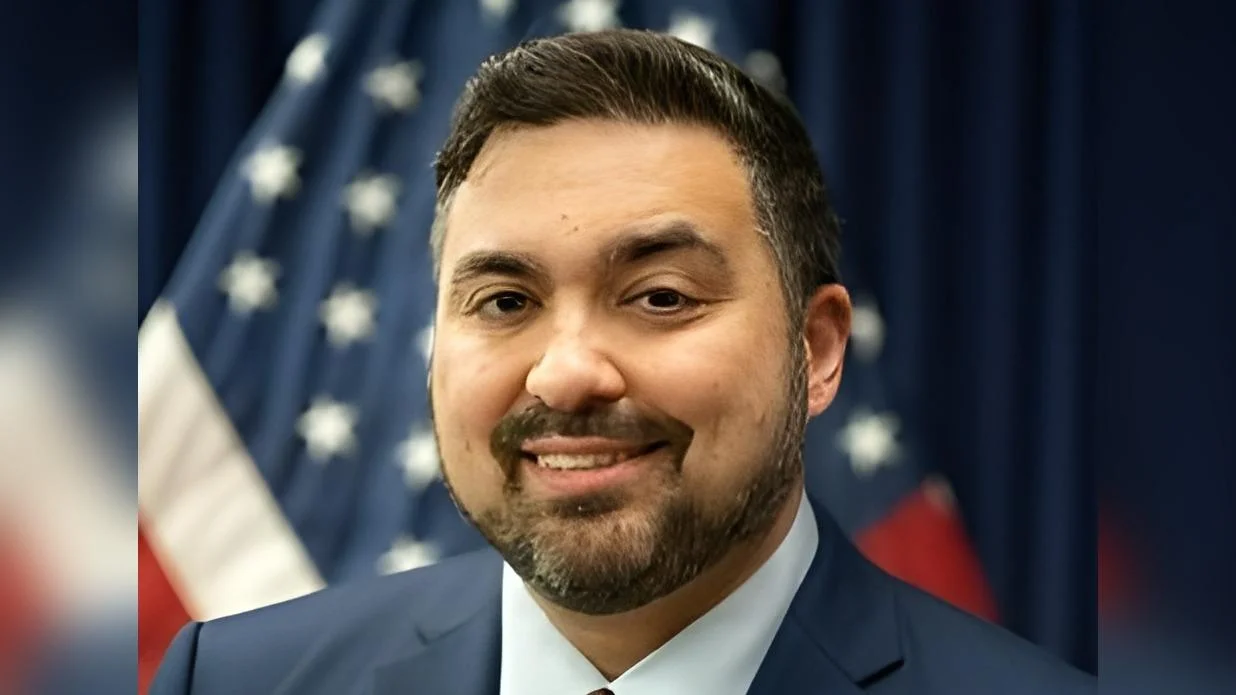A Houston man has been sentenced to 15 years in federal prison for illegal possession of a firearm after having three prior serious drug felony convictions, according to U.S. Attorney Nicholas J. Ganjei.
Jaime Pena, 48, pleaded guilty on August 26. U.S. District Judge David Hittner ordered Pena to serve 180 months in prison followed by four years of supervised release. The court cited Pena’s extensive criminal record and noted that he committed the offense while on parole for a previous drug conviction in Harris County.
Authorities responded to a shooting at Pena’s residence on March 15, 2024. Investigators found that Pena had fired a gun outside his home during an altercation with Nickie Mendell, another resident of the property.
During their investigation, law enforcement conducted a protective sweep and executed a search warrant at the residence. They discovered about 33 pounds of marijuana, scales, narcotics bags, and approximately $67,000 in cash.
Investigators determined that one of the firearms recovered inside the home was used by Pena during the incident outside. A shell cartridge found in the driveway matched the firearm through analysis by the National Integrated Ballistic Information Network.
Federal law prohibits convicted felons from possessing firearms.
Pena will remain in custody until he is transferred to a Federal Bureau of Prisons facility.
Mendell, age 52 and also from Houston, has pleaded guilty as well and is scheduled for sentencing on December 4.
The Bureau of Alcohol, Tobacco, Firearms and Explosives and Houston Police Department led the investigation.
Special Assistant U.S. Attorney Benjamin Smith prosecuted this case under Project Safe Neighborhoods (PSN), which aims to reduce violent crime and gun violence through coordinated efforts among law enforcement agencies and community organizations. The Department launched an updated violent crime reduction strategy for PSN on May 26, 2021 that focuses on building trust within communities, supporting prevention initiatives, setting strategic enforcement priorities, and measuring outcomes.





